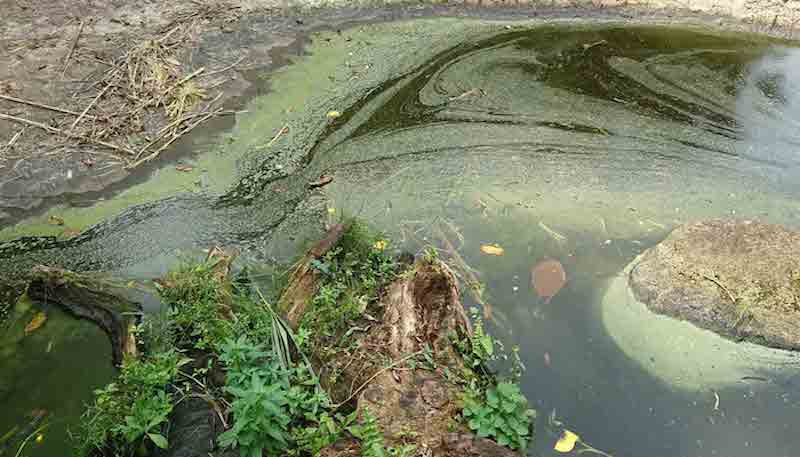
Since the 1960s, the usage of chemicals in agricultural lands has surged dramatically, giving rise to substantial environmental and human health issues. While the implementation of fertilizers, pesticides, and herbicides has amplified crop production, aiding in feeding an expanding global populace, it has also led to a myriad of unforeseen repercussions.
One of the primary environmental concerns associated with agricultural chemicals is their impact on soil health. Over time, chemical fertilizers, formulated to supply crops with man-made nutrients, has shown to make soil more acidic, which can lead to a reduction in soil fertility, subsequently causing a decrease in crop yields, such as beans
Consequently, there might be a demand for increased application of fertilizers in the future, creating a cyclic pattern until the soil becomes infertile. Furthermore, pesticides and herbicides, engineered to eradicate insects and weeds respectively, may potentially have a negative impact on soil health.
These substances have the potential to eliminate useful microorganisms and upset the intricate equilibrium of the soil ecosystem, resulting in reduced soil fertility and increased soil erosion. Synthetic chemicals may do more harm than good in promoting growth. Furthermore, the use of such agricultural chemicals can substantially affect the quality of water.
The use of agricultural chemicals can notably affect water quality. These substances have the potential to permeate into both groundwater and surface water sources. Consuming this contaminated water can potentially result in health issues for humans and negatively affect wildlife that depends on these water sources.
Another significant risk tied to the use of agricultural chemicals is their adverse effect on biodiversity. The extensive use of pesticides and herbicides can exterminate insects like bees, birds, other wildlife, and marine life, thereby diminishing biodiversity and possibly destabilizing entire ecosystems. This can lead to profound implications, given the crucial role many species play in pollination and other ecosystem services.
Furthermore, agricultural chemicals can negatively influence human health. Contact with these substances may cause various health concerns, from respiratory issues and skin irritation to cancer especially for children and pregnant women.

Potentially one of the most alarming effects of agricultural chemicals is their role in the formation of "dead zones" in water bodies. These dead zones are areas where oxygen levels are so low that most marine life cannot survive. Nutrient pollution, largely stemming from the usage of chemical fertilizers in farming, is the main factor leading to dead zones.
The enduring impacts of applying chemicals to agricultural lands also raise significant concerns. Just a few years of application of these artificial chemicals can create "dead zones" that may take decades to recover if they recover at all. Soil that has been exposed to artificial fertilizers may lose organic matter and vital nutrients, resulting in the cultivation of nutrient-poor crops that are typically used in processing plants. These dead zones can cause substantial economic and ecological repercussions, potentially resulting in the deterioration of underground and marine ecosystems.
While the use of agricultural chemicals has indeed amplified crop production, catering to the escalating global population, it has also induced considerable negative effects on both the environment and human health. The prevalent application of these chemicals has resulted in soil deterioration, water contamination, a decrease in biodiversity, and the emergence of dead zones.
As we move forward into a more economically friendly future, it is important to find more sustainable and environmentally friendly ways like those developed by Crop Circle Farms, of producing food that can support both human and planetary health.
Ready to transform your land into a high-yield, sustainable farm? Let Crop Circle Farms design and build a custom, low-impact, and water-efficient farm tailored to your needs. Double your income and cut your costs in half! Contact Us
Help us expand our mission to revolutionize agriculture globally. We are seeking partners to implement Crop Circle Farms to feed people in need. Together, we can build scalable food production systems that save water, reduce costs, and feed thousands of people. Contact Growing To Give